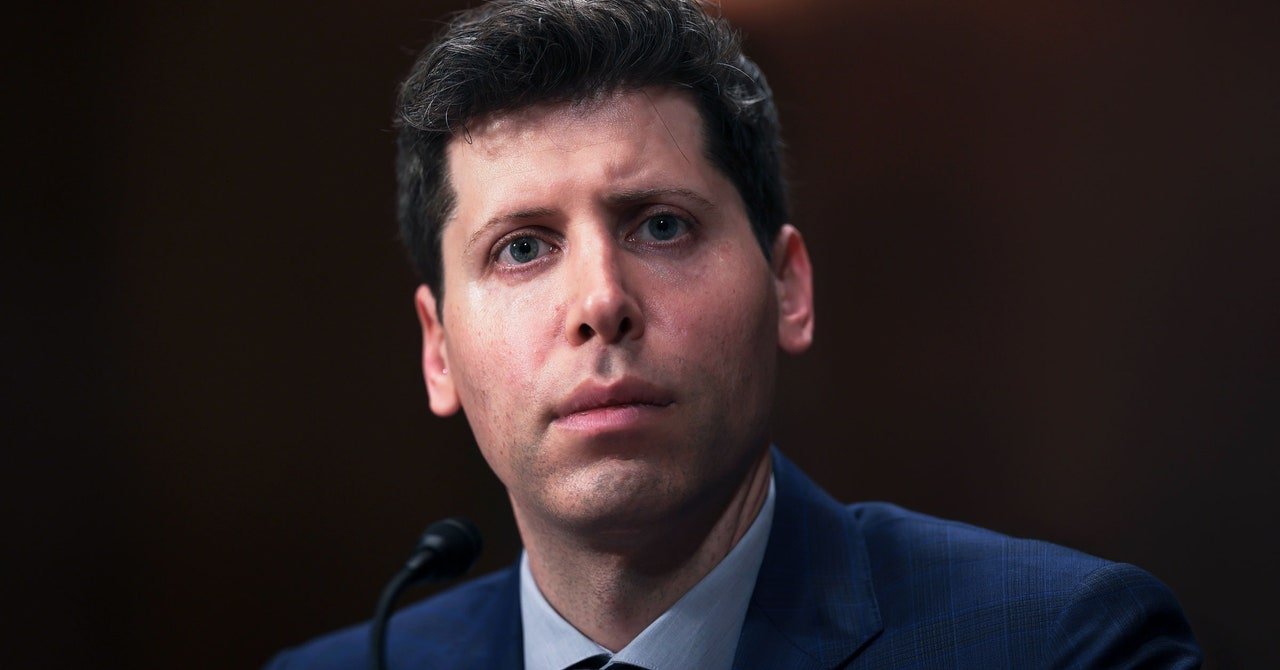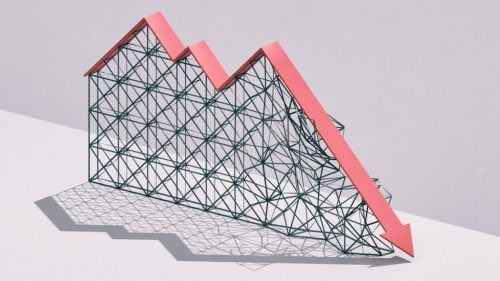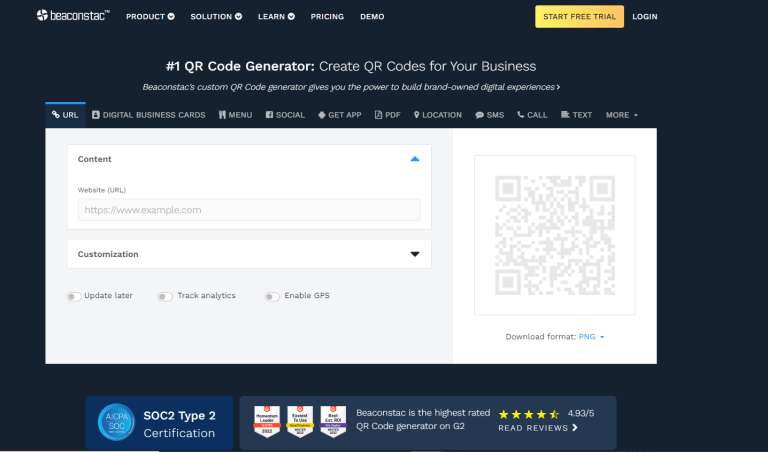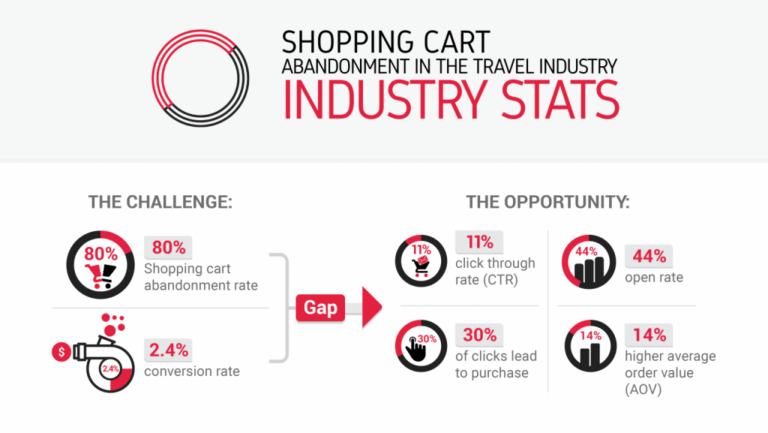
It took Steve Jobs 12 years to return as CEO after leaving the company he cofounded, and it looked like ousted OpenAI CEO, Sam Altman, was perhaps going to do it in three days. But late Sunday, Emmett Shear, who formerly led Amazon’s streaming platform Twitch, was appointed interim CEO at the AI company.
Shear confirmed his appointment in a post on X in the early hours of Monday morning, calling it a “once-in-a-lifetime opportunity.”
Hours earlier, Microsoft CEO Satya Nadella had announced that Altman and his OpenAI cofounder Greg Brockman would be joining the tech giant to head a new AI research unit.
“We look forward to getting to know Emmett Shear and OAI’s new leadership team and working with them,” Nadella said in a statement. “And we’re extremely excited to share the news that Sam Altman and Greg Brockman, together with colleagues, will be joining Microsoft to lead a new advanced AI research team.”
Microsoft declined to comment on their start dates. Shear and OpenAI did not immediately respond to requests for comment.
Shear’s arrival follows a dramatic and chaotic weekend at the world’s most prominent AI company, which develops the ChatGPT chatbot.
Altman was suddenly and unexpectedly dismissed Friday, by many accounts after friction between the CEO and other board members, particularly the company’s chief scientist, Ilya Sutskever, over the risks of moving too quickly in developing AI. Greg Brockman, the company’s president, was also removed from the board, and quit the company several hours after the announcement was made.
The board initially announced CTO Mira Murati as Altman’s temporary replacement, provoking mixed reactions from employees with some threatening to quit. Meanwhile, investors had urged the board to reconsider its decision to fire Altman, and on Sunday he posted a selfie from inside OpenAI’s offices holding a “guest” badge as the board weighed its next move. Bloomberg reported that the board’s decision to appoint Shear was made in defiance of demands to reinstate Altman.
Shear said on X that he had spent the day “drinking from the firehose” after accepting the role. “It’s clear that the process and communications around Sam’s removal has been handled very badly, which has seriously damaged our trust,” he wrote. He said that the board had not removed Altman “over any specific disagreement on safety,” and that over the next 30 days the company will “hire an independent investigator to dig into the entire process leading up to this point,” and reform the management and leadership teams.
X content
This content can also be viewed on the site it originates from.
Shear cofounded livestreaming platform Twitch, which sold to Amazon for nearly $1 billion in 2014. He stepped down as CEO in March, ending a 16-year run at Twitch, citing the birth of his first child. Shear moved in some of the same Silicon Valley circles as the CEO whose shoes he must now fill. In 2011, Shear and Altman were named part-time partners at the same time for the startup incubator Y Combinator, which Altman later on went on to lead.
Shear is a self-described techno-optimist, but has expressed deep fears of a rogue sentient AI. “This is not a figure-it-out later thing. This, like, is a big fucking problem,” he said on the Logan Bartlett podcast in June.
Chase, a longtime Twitch spokesperson now at StreamElements, who goes by one name, described Shear as “a good fit to helm OpenAI given his passion for benefitting the many over the few, as he illustrated with Twitch, coupled with his concerns about the potential for AI to be dangerous.”
The story of Altman’s ousting and quick return raises questions about OpenAI’s governance and long-term prospects. The structure that enabled a small number of people without ties to the company to decide Altman’s fate, and that was originally intended to keep OpenAI’s technology beneficial to humanity, has come under new scrutiny. Some investors previously expressed concern about the nonprofit board’s lack of corporate experience.
The saga also points to a schism in the tech industry between those who see generative AI like ChatGPT as a technology to be exploited commercially, and those who worry about the risks of pushing the boundaries on something that has proven both powerful and unpredictable.
News of Altman’s exit blindsided investors who have spent billions of dollars bankrolling OpenAI’s research. Microsoft, a key partner that has pledged $13 billion in funding and provided vast cloud computing resources, led a push, among other investors, to have Altman reinstated.
Altman founded OpenAI in 2015 with Brockman, Elon Musk, and a small crew of top AI researchers. Their goal was to create an open, nonprofit AI entity as a counterpoint to the profit-motivated likes of Google. The organization would work on developing superhuman AI with the goal of benefiting all of humanity rather than a few powerful tech companies and their shareholders.
Altman and his cofounders created a for-profit corporation under the oversight of the original nonprofit in 2019, as it became clear that it would be necessary to raise significant funds to push the envelope in AI. The new company took over most of OpenAI’s operations, but the board of directors of the original nonprofit retained ultimate power to determine what was appropriate to accomplish the stated mission of “ensuring that safe artificial general intelligence is developed and benefits all of humanity.”
With Altman at the helm, and billions from Microsoft and other investors on tap, OpenAI has been on a stratospheric rise since the introduction of ChatGPT in November 2022. This year the company secured an additional $10 billion in funding from Microsoft, and just this month it announced a more powerful version of the AI behind ChatGPT, called GPT-4 Turbo.
The week before he was ejected, Altman hosted the company’s first ever developer conference, where he announced an app store that would allow developers to customize (and monetize) AI agents built on top of OpenAI’s tech stack.
The biggest ripples from OpenAI’s remarkable rise since it launched ChatGPT have been an acceleration in AI development from competitors such as Google and growing talk of the technology harming or even turning on humanity.
Many AI experts and the governments of countries including the US and UK worry that increasingly powerful AI algorithms may bring new risks, including automated cyberattacks and disinformation campaigns. Last month, President Joe Biden unveiled a sweeping executive order designed to put new controls on AI.
A small but vocal number of AI experts also believe that as AI becomes more capable, it could become unruly, deceptive, and capable of actively trying to harm humans.
At OpenAI’s founding, the company was one of relatively few AI developers willing to publicly discuss such scenarios. Its success has made debates about AI safety more common and heated—apparently even among its own board members.
Some members of the company’s board reportedly saw Altman’s fund-raising and commercial instincts as a threat to its mission of ensuring that AI is developed safely. This includes seeking billions in funding to launch a chipmaking effort that would challenge Nvidia’s dominance, according to a source speaking on the condition of anonymity about Altman’s intentions in recent months.
UPDATED 11/20/2023, 3:36 ET: Updated to include announcement that Sam Altman and Greg Brockman will join Microsoft.
UPDATED 11/20/2023, 4:32 ET: Updated to conform Emmett Shear’s appointment and to include his statement.






